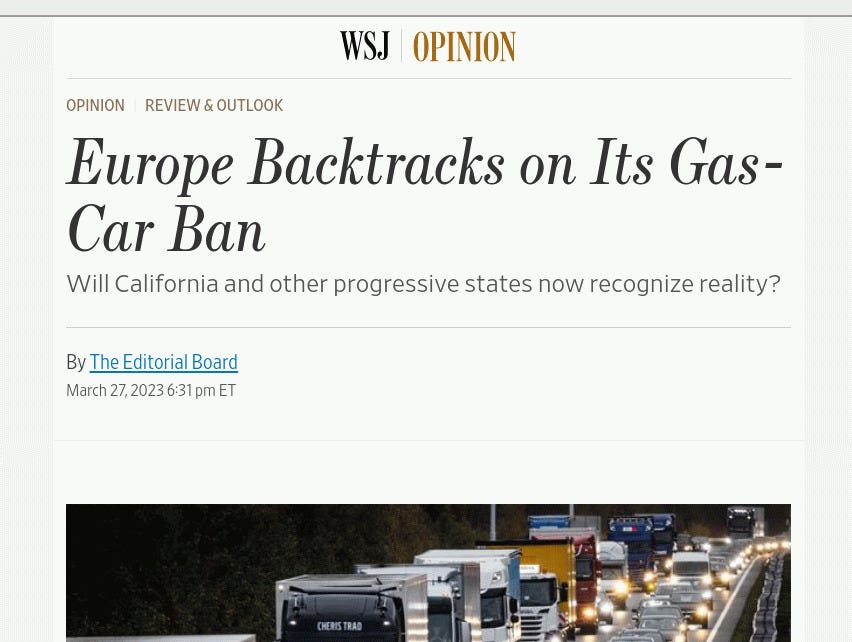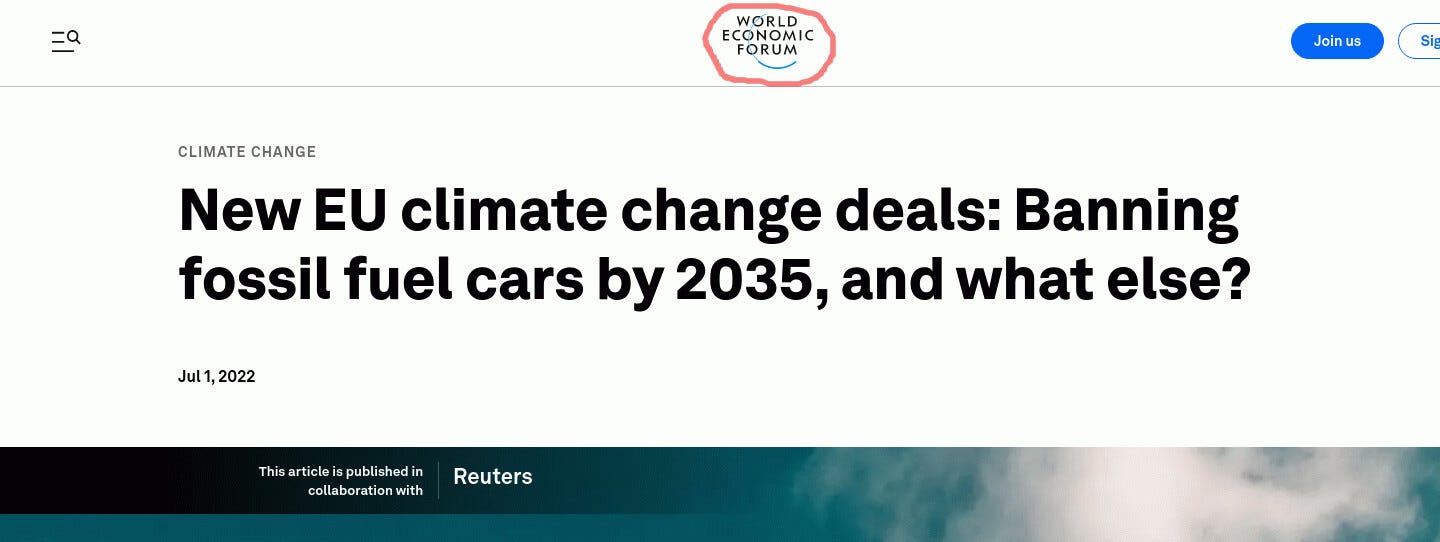 |
| SoTW |
 |
| The world is heading for a showdown at the UN corral. – Weekly Geo-Political News and Analysis (benjaminfulford.net) |
 |
| SoTW |
 |
| SoTW Minister om ny dansk rumlov: »Raketbygning er ikke det samme som lystfiskeri« | Ingeniøren Danske kæmpevirksomheder vil i rummet – nu er ministeren klar til at bane vejen for dansk rumfart (berlingske.dk) The universe is eternal, infinite and vibrant, a conscious cosmos: 🆔🤖🦠 ~ (GR: 'DK's Digitale Strategi, Transhumanister og Teknokratiet') The Fourth Industrial Revolution som igennem World Econimic Forum vil blive underskrevet den 25 april i år af Danmarks Tech Ambassadør (SoTW Jan 2021 Arkiv) |
 |
| SoTW Borgmester sygemeldt | viborg-folkeblad.dk Endnu en politiker bukker under: Sygemeldt med stress og fysiske smerter | TV2 Østjylland (tv2ostjylland.dk) Patienthåndbogen - Münchausens syndrom - sundhed.dk |
 |
| Europe Abandons All-Electric Car Mandate. Stupidity of the CO2 Transition - Global ResearchGlobal Research - Centre for Research on Globalization |
France24, Quartz, and the Wall Street Journal (paywall-free link) report that the EU abandoned its much-ballyhooed transition to electric cars, which was supposed to culminate with a total ban on gasoline cars in 2035.

The EU’s reversal allows “the sales of new cars with combustion engines that run on synthetic fuels,” which sounds very environmentally friendly. But synthetic fuels are similar to gasoline or diesel, so the decision allows internal combustion cars to continue being produced. While electric cars will still be produced and incentivized, there is no longer a 100% mandate by 2035.

This transition was announced with a lot of pomp:

Prodded by climate activists, the EU was pressured to ban fossil fuel vehicles and replace them with battery-powered vehicles. The problem is that such a transition is impossible:
 |
| (15) Facebook BE ALERT!!! September 21- Midnight Host Ritual - Hand of Glory.mp4 (ugetube.com) LIST OF SATANIC HOLIDAY1.pdf (spiritualwarfaretoday.com) The universe is eternal, infinite and vibrant, a conscious cosmos: 🙏 ~ 💝 (Something big is coming Sat Sep 23rd) Todays Inspirational Spiritual Quotes & Videos ~ Sept 6, 2023 ~ | (verdensalt.dk) |
 |
| SoTW (16) Facebook Kæmpe drama i København - 15 ambulancer haster ud til masse kaos - Presse-fotos.dk |

 |
| SoTW Advokat kaster timer i krisecenter for børn og unge: "Der er brug for det" (watchmedier.dk) |
| ||
SoTW |
 |
| SoTW Et stigende antal unge får førtidspension, selvom reform skulle sætte en stopper for det | Indland | DR |
 |
| SoTW Røde Kors-boss: Her er min løn – skyd løs på mig - Avisen.dk |
|
 | ||
|
|
 |
| Tilfredsheden med bankerne falder til det laveste niveau i ti år – her er nummer sjok (berlingske.dk) |
 |
| SoTW Mon det vakte minder hos det norske kongepar? Dronning Margrethe bar to særlige sæt festtøj | BILLED-BLADET (billedbladet.dk) |